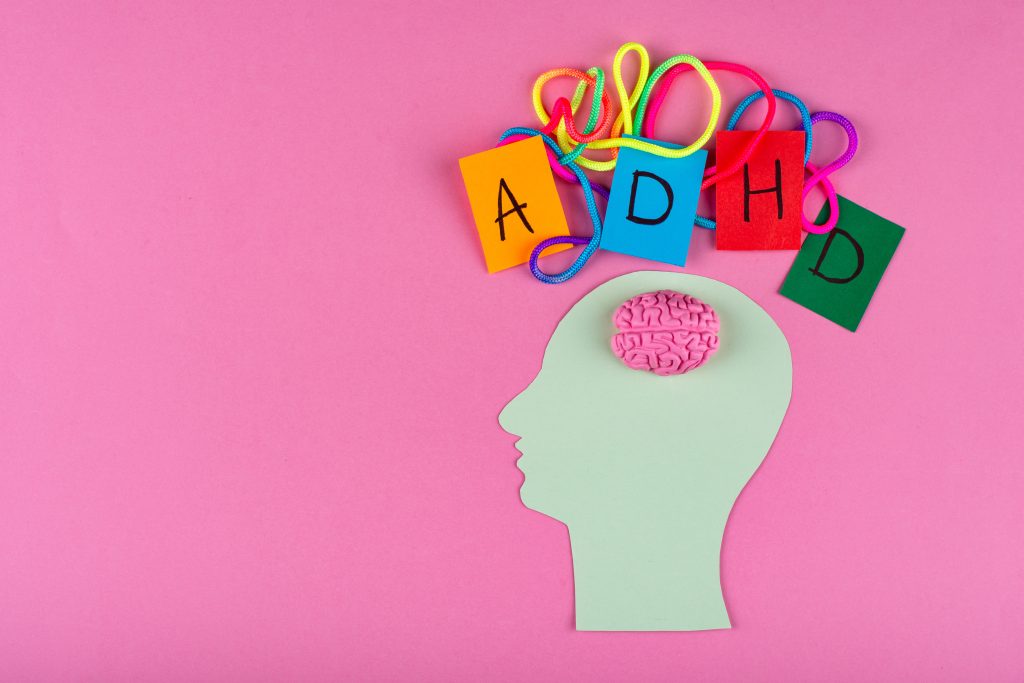
If you live with ADHD, you know that managing its symptoms is a constant balancing act. But what happens when it feels like the tightrope is getting thinner and your symptoms are spiraling? You might worry, “Is my ADHD getting worse?” While it’s a valid concern, the reality is often more complex. More frequently, external factors and lifestyle changes are intensifying your ADHD symptoms, not the condition itself. Understanding these triggers is the first step toward regaining control. Here are five key areas to examine.
1. Increased Stress and Burnout
Stress is like pouring gasoline on the fire of ADHD. The ADHD brain already struggles with executive functions like emotional regulation and focus, and high levels of the stress hormone cortisol make these challenges even harder. When you’re burned out from work, family obligations, or personal struggles, your brain’s resources are depleted. This leaves you with less capacity to manage impulsivity, distraction, and disorganization, making your ADHD feel significantly more severe.
2. Poor Sleep Hygiene
Sleep and ADHD have a complicated relationship. Many people with ADHD struggle with falling and staying asleep, but a lack of quality rest is also one of the biggest amplifiers of its symptoms. When you’re sleep-deprived, your prefrontal cortex—the area most affected by ADHD—functions even less effectively. This can lead to increased irritability, brain fog, and a near-total inability to concentrate, mimicking a severe worsening of the condition.
3. Changes in Diet and Nutrition
What you eat directly impacts your brain function. A diet high in processed foods, sugar, and caffeine can cause energy spikes and crashes that wreak havoc on an already distractible mind. Conversely, not eating regularly can lead to low blood sugar, which impairs focus and emotional control. If you’ve recently changed your eating habits or are relying on convenience foods, it could be a major reason your ADHD feels unmanageable. Many find that a balanced diet rich in protein, complex carbs, and healthy fats helps stabilize their mood and focus.
4. Why Life Transitions Can Make ADHD Feel Worse
Major life changes—even positive ones like a new job, a move, or a new relationship—require immense executive function skills. You have to create new routines, manage new responsibilities, and adapt to unfamiliar environments. For the ADHD brain, this can be incredibly overwhelming. The new demands can stretch your coping mechanisms to their breaking point, making it seem like your ADHD getting worse when, in reality, your support systems haven’t caught up to your new reality.
5. Co-Occurring Conditions
ADHD rarely travels alone. It often co-exists with other conditions like anxiety, depression, or learning disabilities. Sometimes, what feels like worsening ADHD is actually the emergence or intensification of a co-occurring condition. For example, the constant worry and racing thoughts of anxiety can look a lot like ADHD-related inattention. Similarly, the low motivation and fatigue of depression can be mistaken for ADHD paralysis. It’s crucial to consider whether another mental or physical health issue could be at play.
Taking Control of Your ADHD Symptoms
If you feel like your ADHD getting worse, don’t despair. It’s often not the core condition that’s changing, but the circumstances surrounding it. By taking a closer look at your stress levels, sleep patterns, diet, and recent life events, you can identify the real culprits. Addressing these external factors through lifestyle adjustments, therapy, or medical consultation can help you reduce the intensity of your symptoms and find your balance once again.
Have you noticed any of these factors impacting your ADHD symptoms? What strategies have helped you manage them?
Read more:
Dogs That Help With ADHD: Training Tips for Parents
5 Common Work Struggles That Might Actually Be Symptoms of Adult ADHD
The post Is Your ADHD Getting Worse? Here Are 5 Reasons You Should Look Into appeared first on Budget and the Bees.







